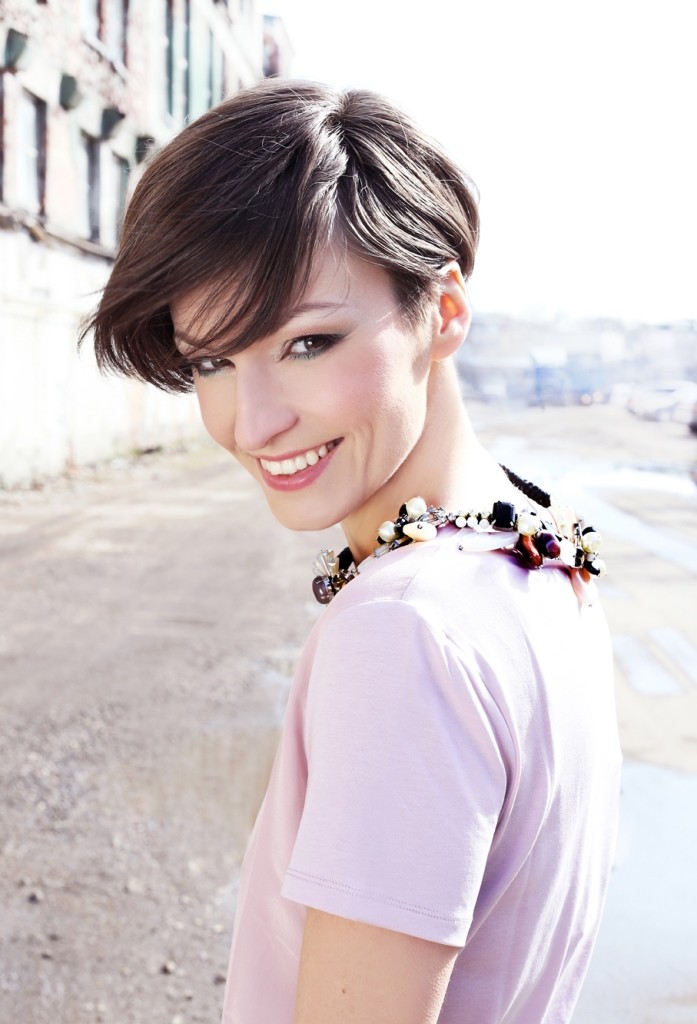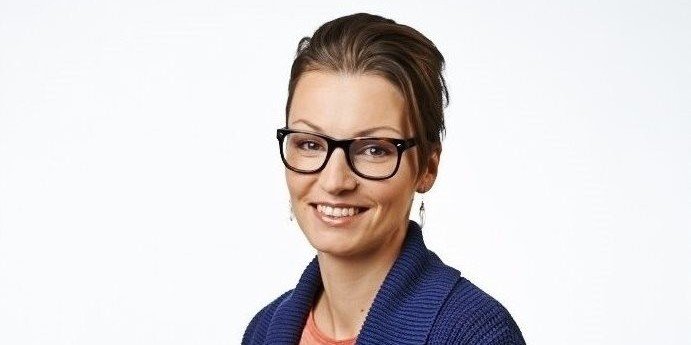This week, in a run-up to the European Parliament election on 25 May, we interview one candidate from each major party in Estonia. Our first interview is with Tallinn-based architect Yoko Alender, one of the candidates from IRL.
I
Have you ever lived outside Estonia before? If so, for how long and for what purpose?
I lived in Sweden, Stockholm during the years 1989-1999. I emigrated there with my father as a child, because my father was a rock star who had a hard time in Estonia during the communist regime. I am thankful for the experience and for getting to know another language and culture. I always had in mind to return to “my people” in Estonia, and did so after finishing high school in Stockholm.
What are the main policy objectives your party stands for in the EP elections? How does it differ from the other mainstream parties (leaving out far-right / far-left eurosceptic programmes)?
IRL is a right-wing conservative party and belongs to the largest group in the European Parliament – the European People’s Party (EPP). We stand for a strong Europe, with more firm common foreign and defence policies which also presumably mean more common energy policies. We are stressing the need to stand up against and fight corruption on all levels – of which the Putin regime today is the worst high-level example. Naturally we work for a Europe with a common market with a free movement of people, goods and services. Our policies deal with promoting innovation, education and entrepreneurship and a better standard of living through an environment that focuses on the human scale.
What are you personally standing for? What is important to you? Please name three things (falling into exclusive competence of the EU) that you would like to see in the EU legislation within the next parliamentary term?
As an architect and a city planner I want to work for a Europe that develops its potential of having the best living environment in the world. This means dense smart cities with good urban mobility and at the same time the accessibility of clean nature and countryside life. As a woman and mother of four I want to work with gender equality and the rights of women and children. I believe a more balanced and tolerant society is needed for financial growth. The means for enabling family and work life combinations is crucial for more equal policies in reality and possibility for women to step into the work market and also into leading positions in business and politics.
How to boost growth in the eurozone (IMF prediction: 1% in 2014 and 1,4% in 2015)? How to create jobs, fight youth unemployment (huge problem in Southern Europe) – all in all, how to make EU more competitive while preserving our social model?

I believe the issues I mentioned in the previous question are also solutions to a more competitive Europe – Europe can be the best living environment in the world with tolerance; a balanced society – gender equality and an environment that is fulfilling to live in. Investors make their decisions based on the tax environment and the living environment. Young talents, when deciding where to live, work and raise their children, consider the quality of the living environment as top priority.
Are you in favour of further European integration, and if so, in which policy areas? If not, why not?
Yes, I believe Europe should be bigger in the big things – I mean more integrated foreign, defence and energy policies which today are not very integrated. This is the only way Europe can stand up against the corrupt regime of Russia and be competitive in the world.
What are your views on immigration to Europe? Currently, the southern members of the EU, such as Greece and Italy, get most of the illegal immigration from Africa and Asia. Should other member states share their burden and accommodate these immigrants?
I believe these are matters that cannot be totally decided on the European levels, as culturally and climatically some of the more northern areas are not so interesting for these immigrants and the pressure is more on the southern countries. Where there is work to be offered, I believe also the more northern countries will accommodate for the smaller amount that wishes to come to these countries.
How to improve the image of the European Union among the Europeans themselves? How to bring the symbolic value (started as a peace project) back to the EU? What should be the next big political project (after euro)?
Here again I believe in the European living environment – a potential that still is to be fully realised. Open-minded, smart cities, urban mobility, human scale in planning and accessibility of clean nature are the fields to be developed and promoted as European values and features.
Some politicians, including the current Estonian EU commissioner Siim Kallas, have said there are many Estonian-invented e-solutions that could be used all over Europe, but so far we have been quite slow to export them, apart from a few exceptions. How do you think we could improve on that? What can Estonia teach Europe?
Estonia as a small country is a great testing ground for many innovative projects, lately especially in the field of e-solutions. This is something MEPs also can work on – presenting our solutions and progress and creating connections and joint projects. I believe in minimising bureaucracy and creating more openness Estonians have a lot to offer Europe. In return Estonia needs to find more means to export and also is in a need of specialists to help with the development of the IT sector.
I
Cover photo: Yoko Alender

